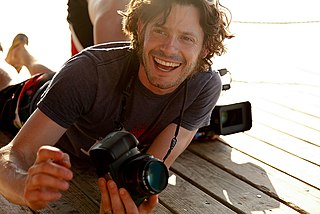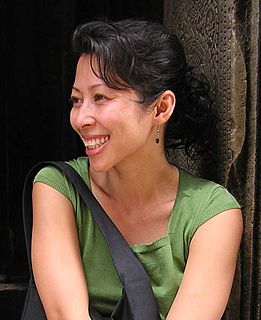A Quote by Joe Sestak
Look, I went to war, and we knew by survey that when I went to war that we had a certain percentage in that carrier battle group, and when I was on the ground briefly in Afghanistan, that were gay. And now we come back to America and say they don't have equal rights. I've never understood it. This is something where we have to correct this.
Related Quotes
When George W.Bush attacked Afghanistan, it was widely hailed, and the failure of our war there wasn't understood. Within a few months of attacking Afghanistan, Bush clearly moved on to get ready for Iraq, long before Osama bin Laden or Al Qaeda were dispensed with. There was never any serious debate in the press about whether even the notion that every Taliban was our enemy was valid. A lot of assumptions about that war were never challenged.
I want to take my American friends back to the end of World War II, when the Universal Declaration of Human Rights was formulated. A group of thinkers met to come up with ways and means to prevent yet another war. Mrs. Eleanor Roosevelt played a crucial role in assembling this group of people. And that is why the name of the United States is synonymous with the cause of human rights around the world.
The war now is away back in the past, and you can tell what books cannot. When you talk, you come down to the practical realities just as they happened. You all know this is not soldiering here. There is many a boy here today who looks on war as all glory, but, boys, it is all hell. You can bear this warning voice to generations yet to come. I look upon war with horror, but if it has to come, I am there.
During my childhood and teenage years, everything I knew was at war. My mother and father were at war. My sister and I were at war. I was at war with my atypical nature, desperately trying to fit in and be normal. Even my genes were at war - the cool Swiss-German side versus the hot-headed Corsican.
In 2001, we were told that the war in Afghanistan was a feminist mission. The marines were liberating Afghan women from the Taliban. Can you really bomb feminism into a country? And now, after 25 years of brutal war - 10 years against the Soviet occupation, 15 years of US occupation - the Taliban is riding back to Kabul and will soon be back to doing business with the United States.
What bin Laden had hoped to achieve in Afghanistan in the post-9/11 period, which was to drag the United States into a protracted guerrilla war like the one he had fought against the Soviets, never happened. Instead, that protracted guerrilla war is now playing out in Iraq, in the heart of the Middle East.
When I arrived in America, though I had left the war physically far behind, in my mind, the soldiers were still chasing to kill me, my stomach was always hungry, and my fear and distrust kept me from opening up to new friendships. I thought the war was over when I left Cambodia, but I realize now that for survivors and all those involved, the war is never over just because the guns have fallen silent.
I looked back on the roaring Twenties - with its jazz, 'Great Gatsby,' and the pre-Code films - as a party I had somehow managed to miss. After World War Two, I expected something similar, a return to the period after the first war, but when the skirt lengths went down instead of up, I knew we were in big trouble.


































